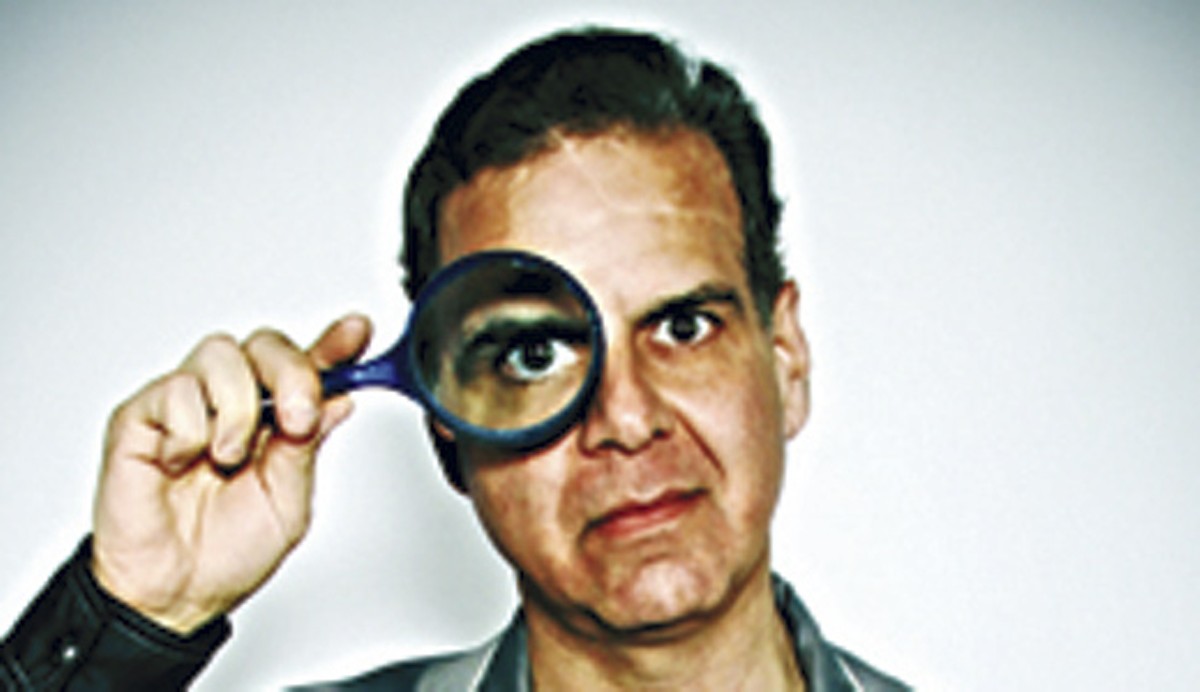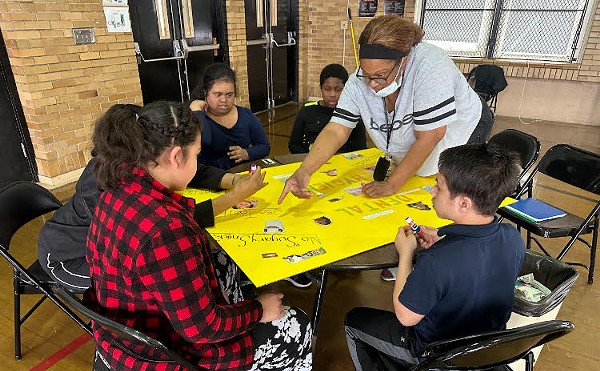Longtime Metro Council President Jim King didn’t just purport to love Louisville; he proved it by tirelessly toiling to improve our quality of life. Countless challenges kept him awake at night. While most of us slept, Jim puzzled over problems. He viewed politics as the art of the possible. Much to our benefit, he exhaustively pursued the best possibilities.
Jim wasn’t just my District 10 councilman; he was my kind of public servant. He was accessible, respectful and responsive. Years ago, I asked him to place a wastebasket near a litter-riddled bus stop. One appeared the very next day. Months ago, when Metro workers were digging up newly planted trees along Old Bardstown Road, a friend speculated they were the wrong variety — the result of a mistaken order or delivery. We wondered who erred and who would pay to replace them. The mystery was solved in the next issue of Jim’s popular newsletter. The saplings were dead and would be exchanged at no cost to taxpayers.
No concern was too trivial for Jim’s prompt attention. Constituents’ details dominate the day of any dutiful elected official. Most of us dealt with Jim on issues seemingly too minor to burden such a powerful and influential person. But tackling details that bedeviled us was part of his greatness. “If it matters to you, it matters to me,” he once told me. I believed him. He didn’t just care; he proved it.
At some point in his lengthy career, he hit his stride. But before he made politics look natural and easy, Jim suffered a spate of ungainly gaffes. They weren’t cardinal sins, but they avalanched into a critical mass as his political future came into question. “You don’t have the rest of eternity to stop river-dancing on your junk,” I wrote him via email.
What happened next brings into focus a precious lesson of Jim’s life. He learned from his mistakes. He learned that the appearance of impropriety can be as toxic as actual impropriety. He became more self-aware and ethically sensitive. Eventually, he came to understand that the media weren’t conspiring to get him, but were scrutinizing him more sharply after his lapses in judgment. I reminded him that after President Gerald Ford took a few spills, mere stumbles became newsworthy.
In full awareness of the narrative he had created, Jim sought redemption. He understood that his margin for error had narrowed. Either his flair for the impolitic would fade or he would fade from politics. He held no grudges, enabling him to cultivate better relations with critics. He forgave himself. Instead of agonizing over the past, he kept its painful but precious lessons and anticipated a more perfect future. Jim chose optimism over bitterness.
In the following years, Jim’s vigilance and virtue earned him greater respect, admiration and trust. As an accomplished CPA and banker, he became a key player in nearly every big deal — from municipal mega-projects to contract negotiations. One of his greatest achievements was to settle a divisive, prolonged management-labor dispute that loomed as an existential threat to the Louisville Orchestra.
Jim’s life was many splendored and vibrant in every layer — like the neighborhoods he served. At the center of his universe was his family. When he was working, it was the background music in his mind. He was on a crusade to retire the disparaging phrase “red-headed stepchild” because his beloved stepson was red-haired.
He was a visionary who was richly rewarded in this life as he realized many of his hopes for his family and the city. In this Age of Over-sharing, he opted to closely hold the news of his battle with a rare form of blood cancer. And it’s no secret why. As a visionary, he knew exactly what would happen, but he was too busy working and living for the city to say goodbye. Mercifully, he got to see the latest big deal signed and sealed: a glamorous hotel and grocery complex in the heart of downtown.
Jim’s life is a lesson on how to do well and do good. He turned adversities into assets and adversaries into allies. He sought compromise, bipartisanship, good will and peace in the valley.
Many regret neglecting to thank him for his service. They didn’t know that he’d die at 63. I expected him to live forever. In fact, I still do — as the wise among us strive to be more like Jim King.






